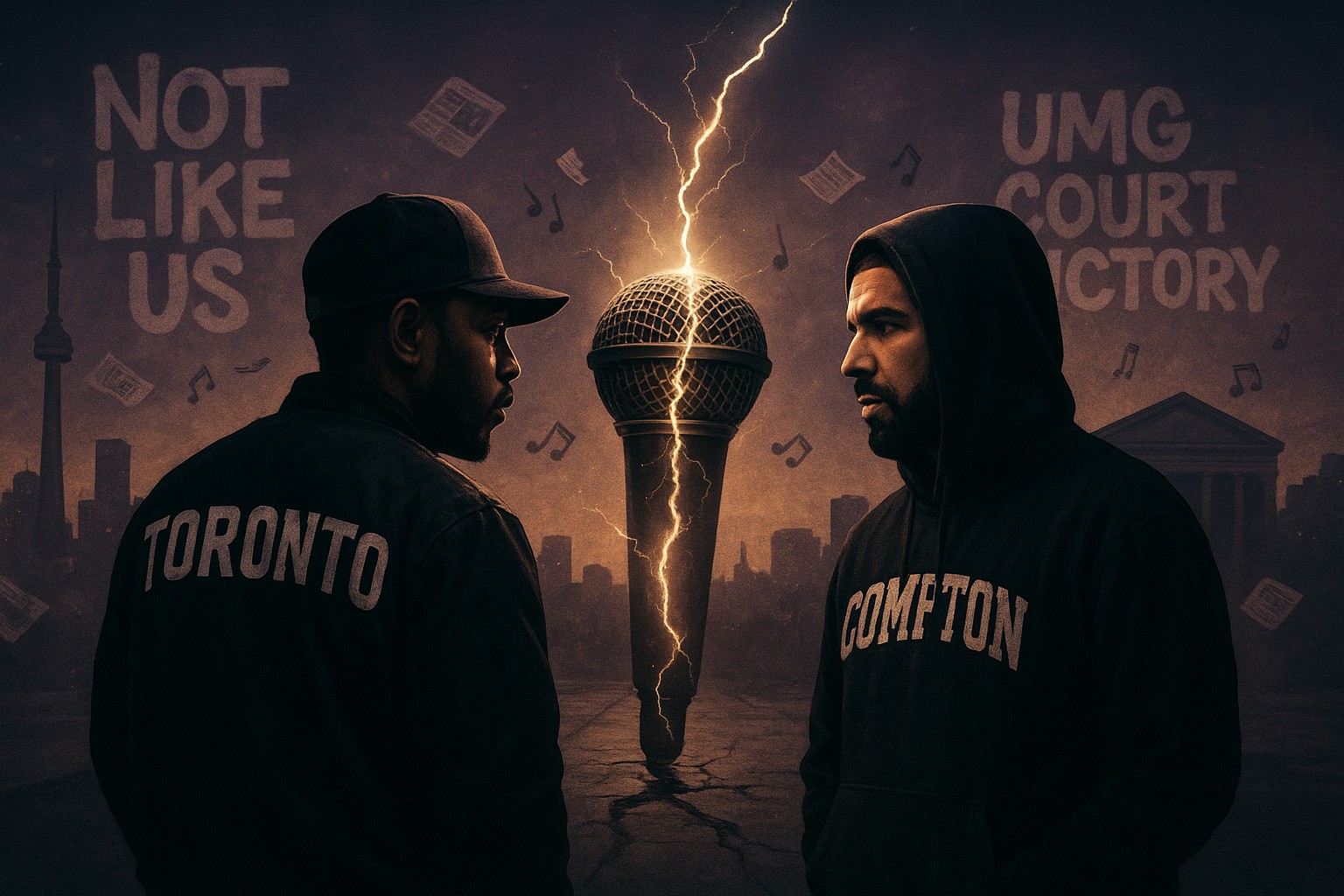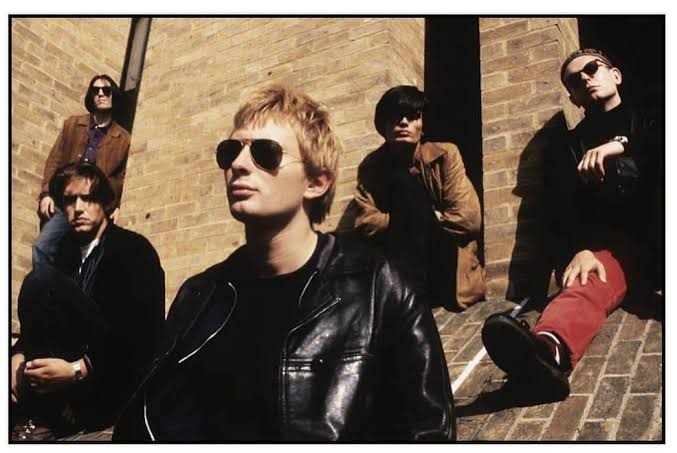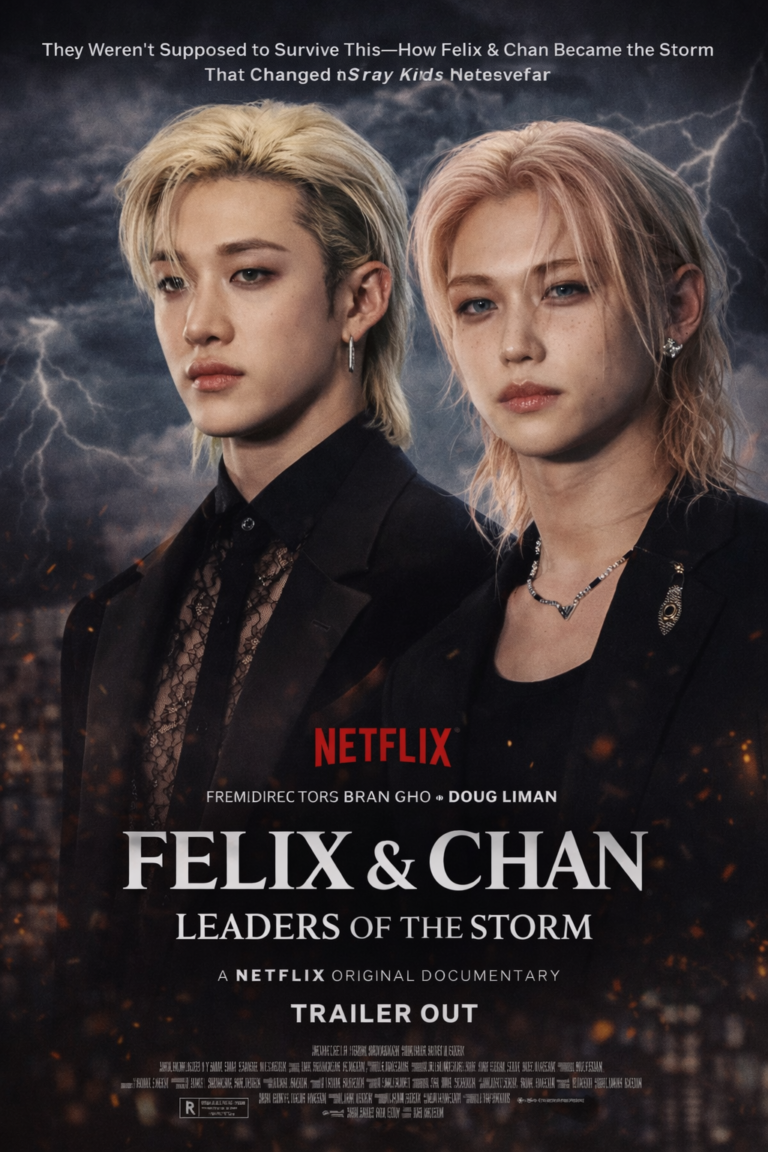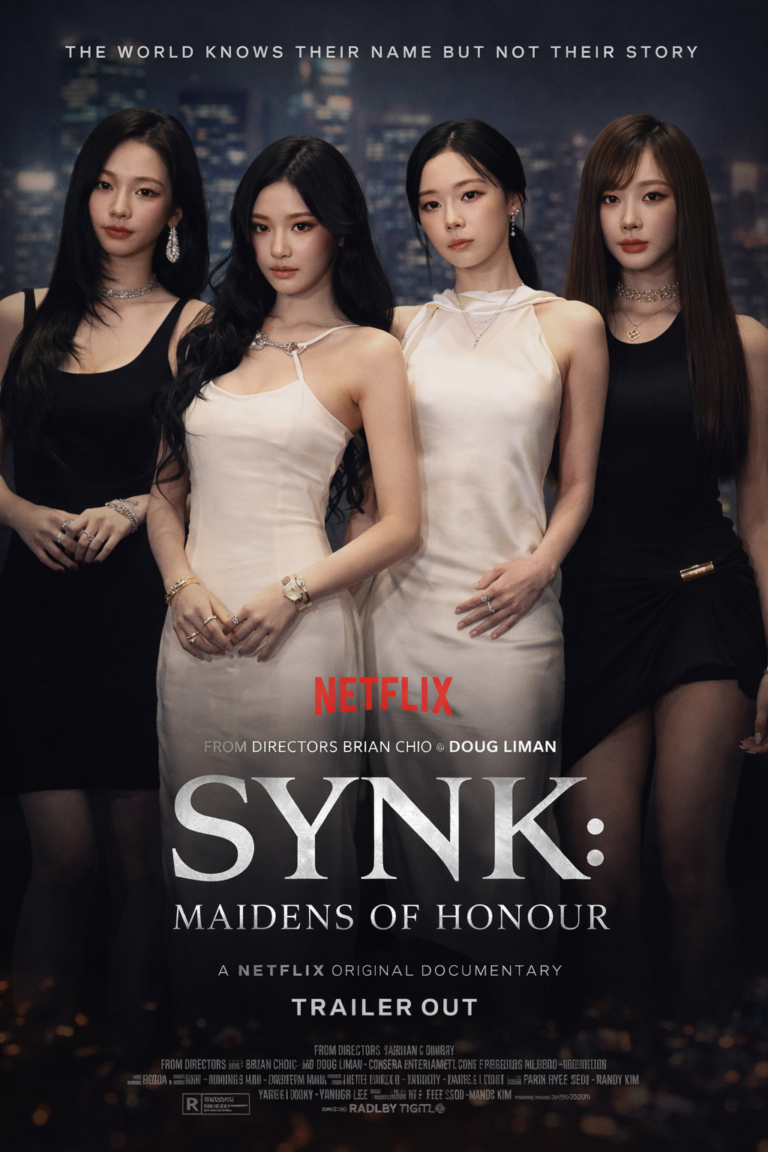
The defamation case centering on Kendrick Lamar’s diss track “Not Like Us” and its affiliate, Universal Music Group (UMG), has become one of the most talked-about legal episodes in recent hip-hop history. At issue was whether UMG could be held liable for allegedly promoting lyrics that accused Drake of being a pedophile—a charge Drake claimed was false and defamatory. The case raised fundamental questions about artistic expression, defamation law, and the limits of liability for record labels in high-stakes disputes.
Drake (Aubrey Drake Graham) filed suit against UMG rather than Lamar, asserting that by distributing, promoting, and profiting from “Not Like Us”, the label had amplified false and damaging claims about him. He argued that UMG’s conduct had exposed him and his family to harm, including threats, reputational injury, and emotional distress. Moreover, the suit claimed that UMG either knew or should have known the allegations were false, yet moved forward anyway—thus acting with negligence or malice.
UMG responded by filing a motion to dismiss, contending that the lyrics in question were nonactionable opinions or rhetorical hyperbole typical of rap battles, rather than factual assertions. The label’s legal team warned that allowing such a suit to proceed would endanger creative freedom and chill expression in musical feuds. They also challenged the sufficiency of the evidence in Drake’s complaint, asking the court to find that even accepting his allegations as true, they would not establish a valid claim.
To evaluate the motion, U.S. District Judge Jeannette A. Vargas had to consider whether the disputed statements could be reasonably read as factual assertions or whether they were protected under the First Amendment as expressions of opinion. In her written opinion, Judge Vargas emphasized the broader context: diss tracks, by their nature, rely on exaggeration, insults, metaphor, and rhetorical provocation. She noted that a “reasonable listener” would perceive “Not Like Us” as part of a heated rap battle rather than as a solemn, fact-checked indictment.
Judge Vargas also observed that although Drake’s complaint challenged specific lyrics—like calling him a “certified pedophile”—the surrounding language is replete with profanity, “trash-talking,” figurative speech, threats, and hyperbole. She held that these are classic indicators of opinion rather than defamation. In short, the court found that the artistic context transformed otherwise serious accusations into expressive content not amenable to a defamation cause.
Importantly, the judge did not resolve factual disputes about whether Drake was or was not a pedophile. Rather, at the pleading stage, she assumed arguendo the truth of Drake’s denials, yet still found that New York law does not permit defamation claims based on opinion. The court recognized that accepting Drake’s assertions as true would still not compel the conclusion that UMG had committed defamation. That legal threshold, she concluded, was not crossed.
Judge Vargas also addressed Drake’s claims under harassment statutes and New York General Business Law Section 349. She dismissed those in the same ruling, finding them likewise insufficiently pled and legally untenable in this context. The court evidently viewed them as derivative of the underlying defamation claims, lacking independent viability in this instance. The decision thus disposed of all claims on a motion to dismiss.
Any notion that the song’s immense popularity or accolades might insulate it from dismissal did not sway the court. Although “Not Like Us” went on to win Grammy Awards and dominated charts, Judge Vargas refused to let success transform opinion into actionable defamation. She cautioned that whether statements are fact or opinion must be judged at the moment of utterance, not by their later commercial or cultural achievements.
On October 9, 2025, Judge Vargas entered an order dismissing the case in full—effectively ending Drake’s suit against UMG for the moment. UMG welcomed the ruling, stating that it vindicated the principle that artistic expression—even when provocative or offensive—must be protected. Drake’s legal team, meanwhile, indicated its intention to appeal the decision.
This dismissal reinforces a longstanding—but frequently tested—principle in U.S. defamation law: opinions, rhetorical exaggerations, and expressive content are generally shielded from liability, so long as they cannot reasonably be seen as factual claims. In the music industry, where diss tracks and lyrical battles are part of the tradition, this ruling may serve as a benchmark for future disputes.
However, the decision does not preclude further litigation. On appeal, Drake may argue that some of the challenged statements cross the line into false factual assertions. He might seek to develop evidence about UMG’s conduct, arguing malice or knowing disregard for truth. Whether an appellate court will sustain the dismissal remains an open question.
Beyond the legal mechanics, the dismissal carries symbolic weight in the rap world. It suggests that labels—even when distributing incendiary content—cannot be held to the same liability as speakers, so long as the content remains within the expressive, contextual bounds of art. In the high-stakes game of rap feuds, that may provide a measure of protection for future diss tracks.
In the court of public opinion, however, reactions vary. Some fans see this as a vindication of creative freedom, while others argue that lines should exist where potentially damaging allegations are aired without accountability. One thing is clear: the “Not Like Us” case will be cited for years to come.


